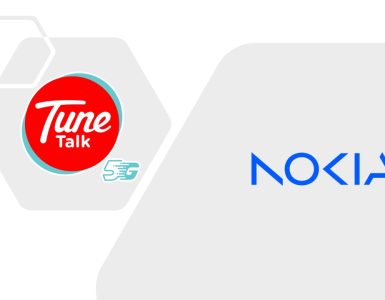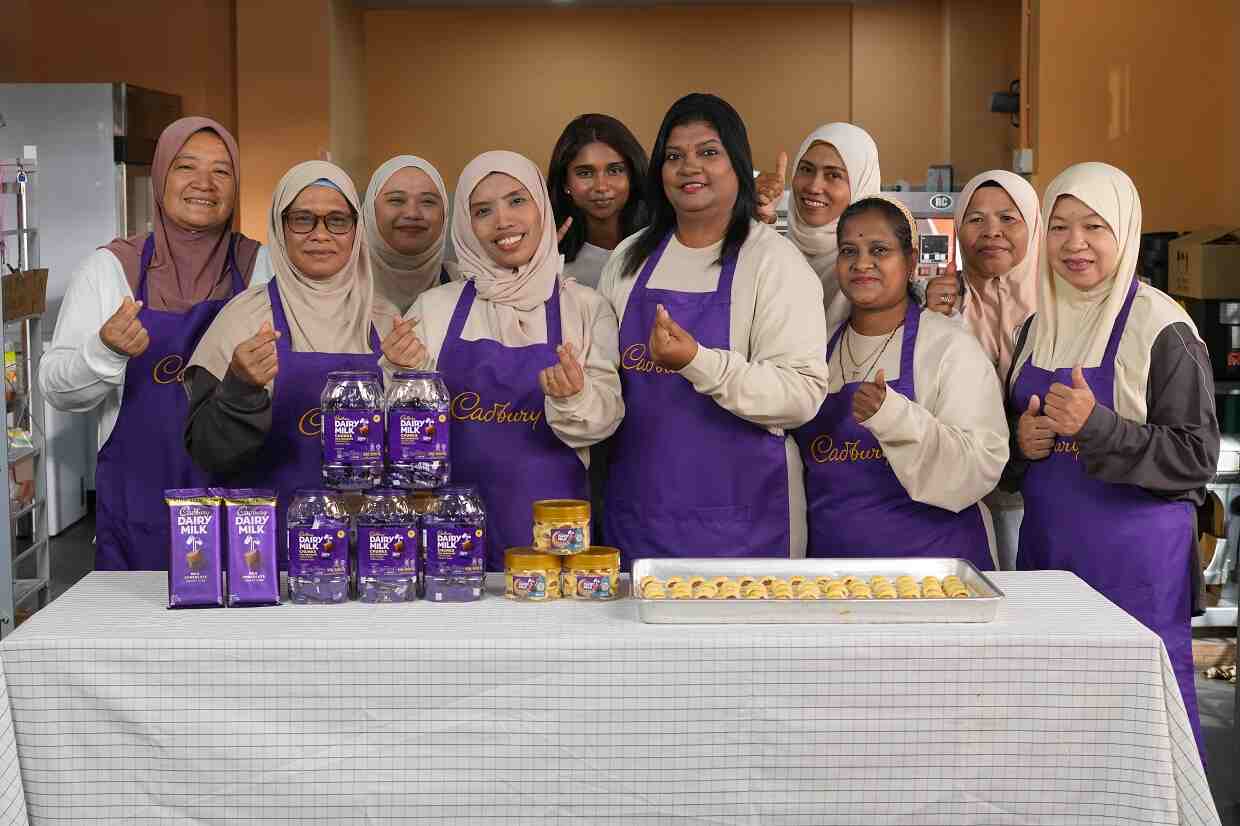By Mohamed Idris, President of Consumers Association of Penang (CAP)
Children and young people are exposed to alcohol advertising as alcoholic
beverage companies are able to successfully morph or ‘hide’ these messages
as education promotion or sports development.
The sad truth is alcohol companies are being given prime access in
influencing the attitudes of school children towards the habit of drinking.
By establishing familiarity through sight and sound, the companies get
children and adolescents to accept the brand name in a positive manner, and
by extension the consumption of their products.
Examples of how alcohol companies reign unbridled, with the tacit approval
of the authorities, to intrude into schools and affect the minds of our kids
are clearly evident in the strategies adopted by Carlsberg Malaysia and
Guinness Anchor Bhd (GAB).
A browse of the Carlsberg Malaysia website revealed photos of smiling young
kids holding Carlsberg-green bag of goodies, emblazoned with the brand name,
during a fun outing for Tamil school children sponsored by the company last
December. The message of drinking as acceptable is getting embedded into the
thinking of the young people with this kind of promotions.
Carlsberg Malaysia is also making its foray into education through
arrangements like the one forged recently with a mainstream English media.
It was stated that Carlsberg Malaysia “is sponsoring a local daily for 40
Tamil primary schools in the northern region” to improve the standard of
English in these schools.
The claims by alcohol companies that they help to raise the standard of
living of the Indians is questionable when in reality they destroy families
by nurturing future drinkers. Their assertion that they “do not encourage
consumption of alcohol beverages by minors” is a blatant lie.
The other major brewery, Guinness Anchor Berhad (GAB), continues unhindered
to partner with the Tamil Schools in Malaysia, on the pretext of promoting
learning while actually promoting the brand name to minors.
Through the GAB Foundation SMILES (Supporting Malaysian Indian Learning,
Education and Sports) Programme, the brewery ‘sells’ its brand by offering
free English Language remedial lessons and establishing reading corners in
the Tamil schools. This English Enrichment Programme targets hundreds of
school children each year, with plans to cover all the different age group
in primary schools in future phases.
Young kids, particularly from early to late teens, are ideal targets as they
constitute the future market of drinkers. No matter how insistent the
companies are to deny the co-relation between advertising and higher
consumption of alcohol, their advertising do encourage drinking. We need to
put a stop to the myth perpetuated by companies that advertising only causes
people to switch brands.
Moreover the advertising of certain brands by alcohol producers are
specifically targeted towards the young from a particular ethnicity. Alcohol
dependency develops most often among people when they are in their 20s.
The Consumers Association of Penang (CAP) therefore calls upon the Education
Ministry to act as a responsible guardian of the school children, and keep
them away from the influence of alcohol companies in the schools. When
children see the alcohol companies being recognised, commended and socially
accepted among educators and the government, they start to think that
alcohol cannot be so bad after all. This allows alcohol companies to wield
their powerful, albeit subtle, influence and increase the consumption and
sales of alcoholic beverages by recruiting new drinkers.
CAP also calls on the government and the sporting bodies in the country to
assess whether the current trend of alcohol sports sponsorship violates the
WHO Charter of Alcohol which states that “all children and adolescents have
the right to grow up in an environment protected from the negative
consequences of alcohol consumption and, to the extent possible, from the
promotion of alcoholic beverages”.
There is already worldwide concern over the harm caused by alcohol. More
than two million people around the world die each year from alcohol-related
causes. The harmful use of alcohol is a leading risk factor for premature
deaths and disabilities globally.
The Road Safety Council estimates that 30 per cent of road accidents
nationwide are caused by drinking and driving. Alcohol consumption impairs
judgement and is a trigger for aggressive and violent behaviour, leading to
domestic violence, child abuse, fights and other crimes.
Scientific research and health agencies can demonstrate that alcohol
advertising does increase alcohol consumption Drinking also costs the nation
due to absenteeism from work, diminished job skills, and loss of
productivity of the affected workers.
CAP calls on the Government to strictly prohibit alcohol companies from
sponsoring any projects or programmes in schools, or being involved in
schools in any other way. The Government should also hike up the excise
duties on alcohol products and monitor the industry closely for violation of
the laws, and use the taxes and fines collected from the industry to fund
education and other community-related activities.












